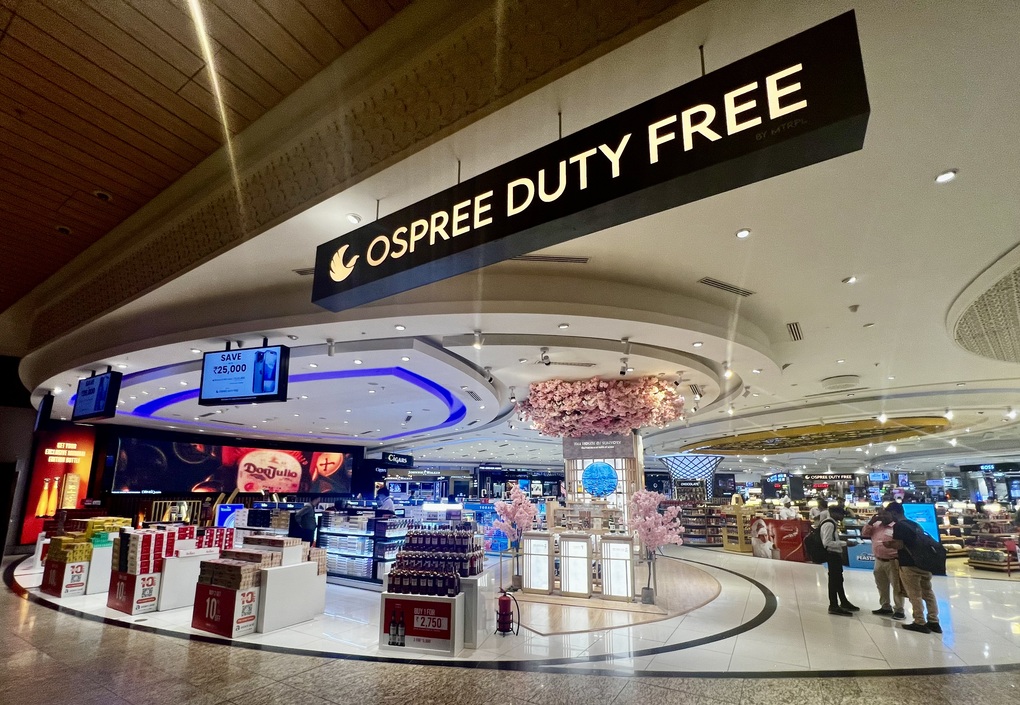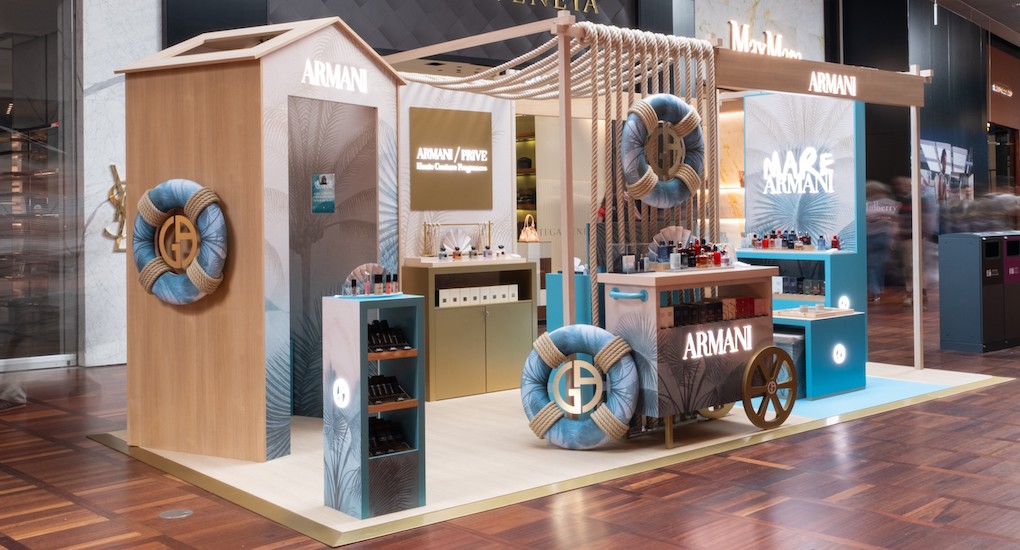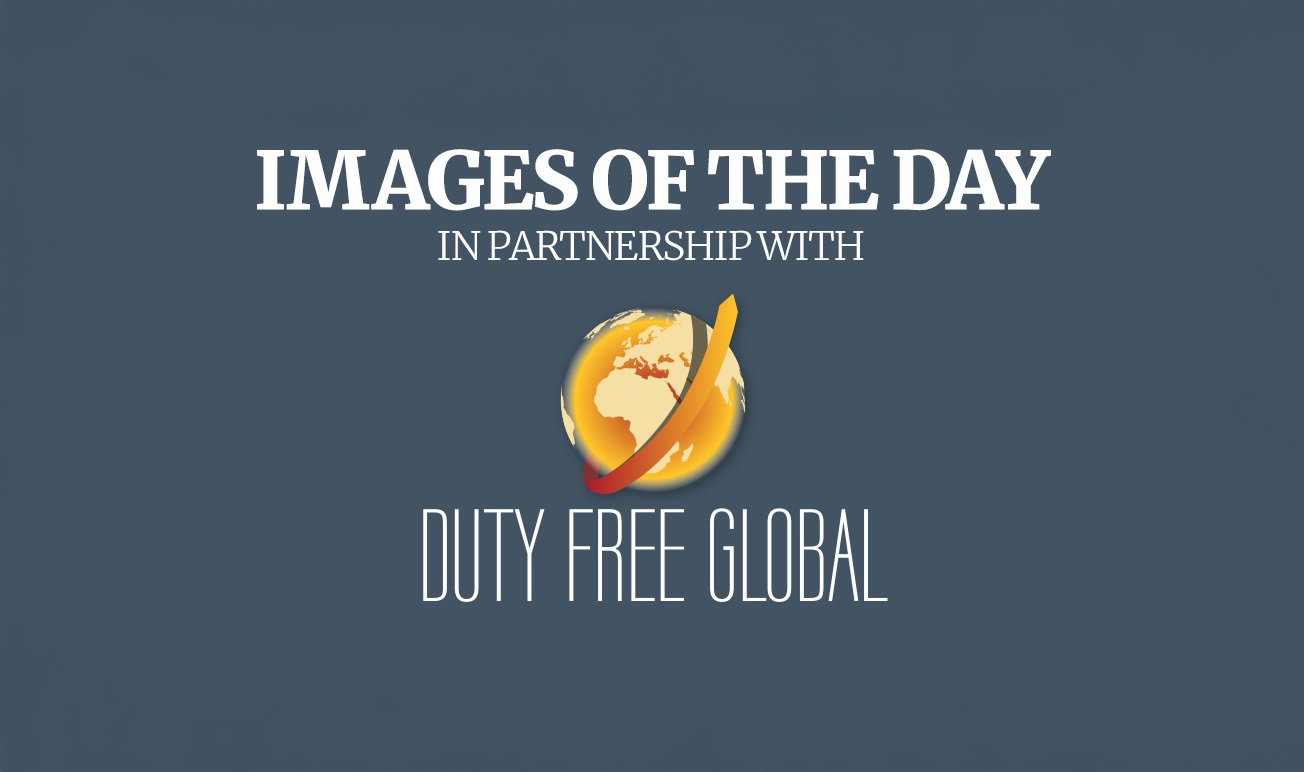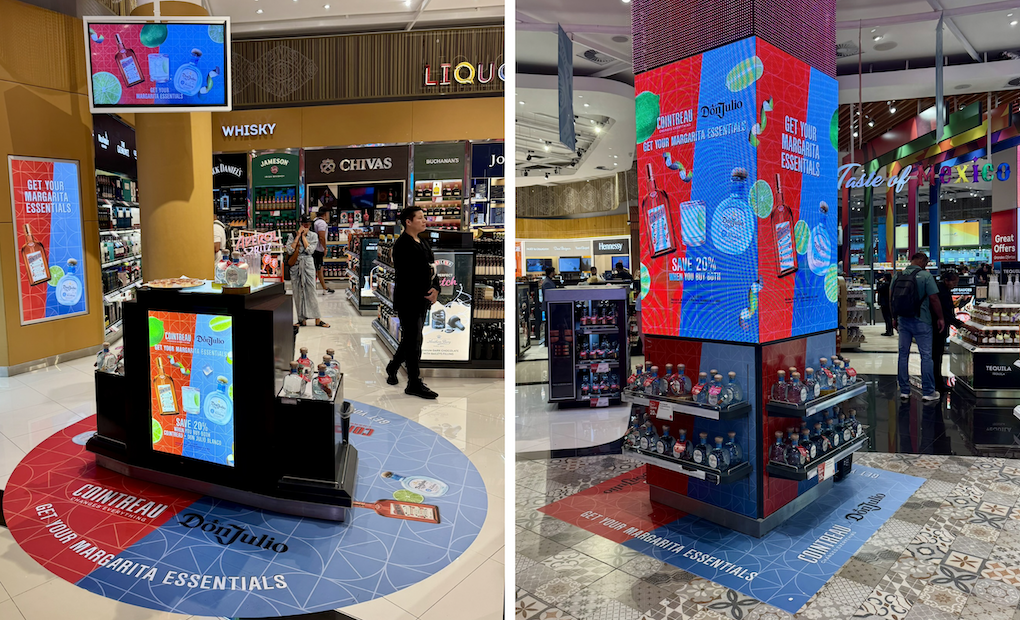
SOUTH KOREA. Sales by Korea Duty Free Association (KDFA) members in the Korean duty free market – the world’s biggest – eased by -0.6% year-on-year in 2022 to KRW17.67 trillion (US$13.62 billion). The performance represents a -24.12% deficit compared with the record pre-pandemic year of 2019.
With severe border and travel constraints in place for much of the crisis, the market has become overwhelmingly reliant on the daigou reseller channel, a business that itself is now under pressure due to a Korea Customs Service warning about excessive commissions paid to travel agencies {click here for the latest February figures from the Korea Duty Free Association and more on the commission issue}.
Sales from non-KDFA Association members (mainly SMEs) reached KRW144,666 million (US$111.7 million) in 2022, giving a market total of KRW17.93 trillion (US$13.82 billion).
Hotel Lotte (Lotte Duty Free) retained its market leadership with sales of KRW5.01 trillion (US$3.9 billion), generating a market share of 28.36%, ahead of Hotel Shilla (The Shilla Duty Free) with revenues of KRW4.35 trillion (US$3.4 billion), up +0.24% year-on-year and equating to a 24.62% share.
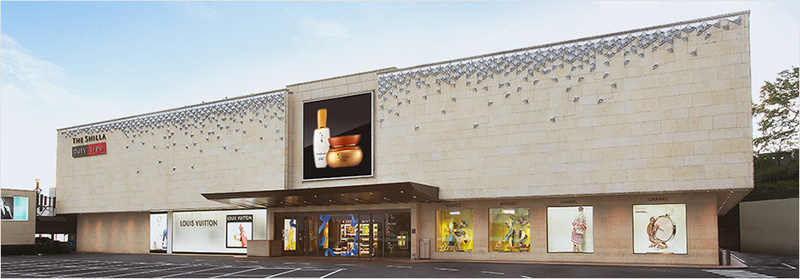
Hotel Lotte’s revenues have fallen -35.4% since 2019 due to the pandemic and Hotel Shilla’s by -33.96%.
Lotte Duty Free Jeju, counted separately by KDFA as it is a separate licence entity, posted sales of KRW217.8 million for an additional 1.23% market share.
Busan Lotte Hotel (not included in the consolidated financial structure of Hotel Lotte), the travel retail giant’s downtown Busan operation, generated revenues of KRW112.9 million (down -78.76% on 2019) , representing a 0.64% share.

Shinsegae Duty Free generated sales of KRW3.6 trillion (US$2.8 billion), up +1.15% for a 20.32% share. Revenues were down -11.26% compared with 2019.
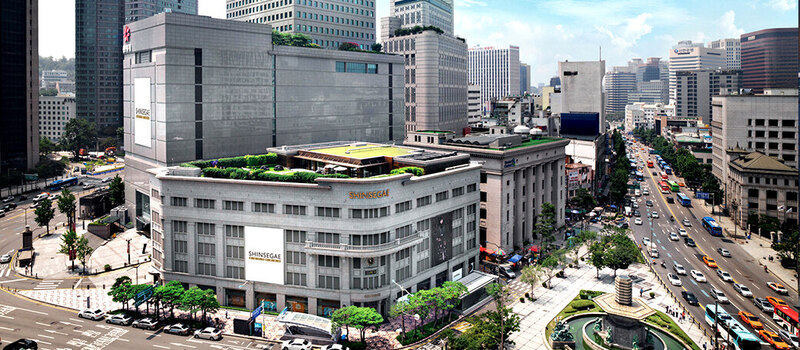
Shinsegae Duty Free Global – representing the company’s Busan business acquired from Paradise in 2012) – posted sales of KRW75,691 million for an additional 0.43% share. The Busan downtown market has been devastated by the pandemic with sales collapsing -78.76% compared with 2019.
Hyundai Department Store Duty Free, which opened its first downtown store in Samseong-dong, Gangnam, Seoul in 2018, rounded out the ‘big four’ with sales of KRW2.72 trillion (US$2.1 billion), a 15.37% share and a rise of +4.93% over 2022.
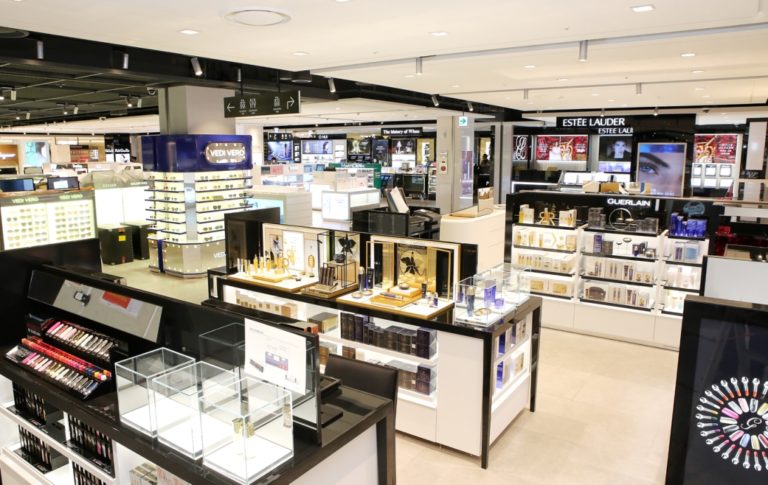
Due to its small 2019 base, Hyundai Department Store Duty Free’s figures show a +287.22% growth since that pre-pandemic year. Since entering the Korean travel retail market, the company has also taken over the licence of the former Doota Duty Free business in downtown Seoul (opening in February 2020 just as the pandemic hit) and opened at Incheon International Airport.
Across their various licences, the big four accounted for an approximate 90.33% share of the market in 2022.
HDC Shilla, the downtown Seoul joint venture between Shilla Hotel and HDC, had a 4.48% share and Jeju-based offshore duty free retailer Jeju Development Corporation (JDC) 3.73%. ✈








